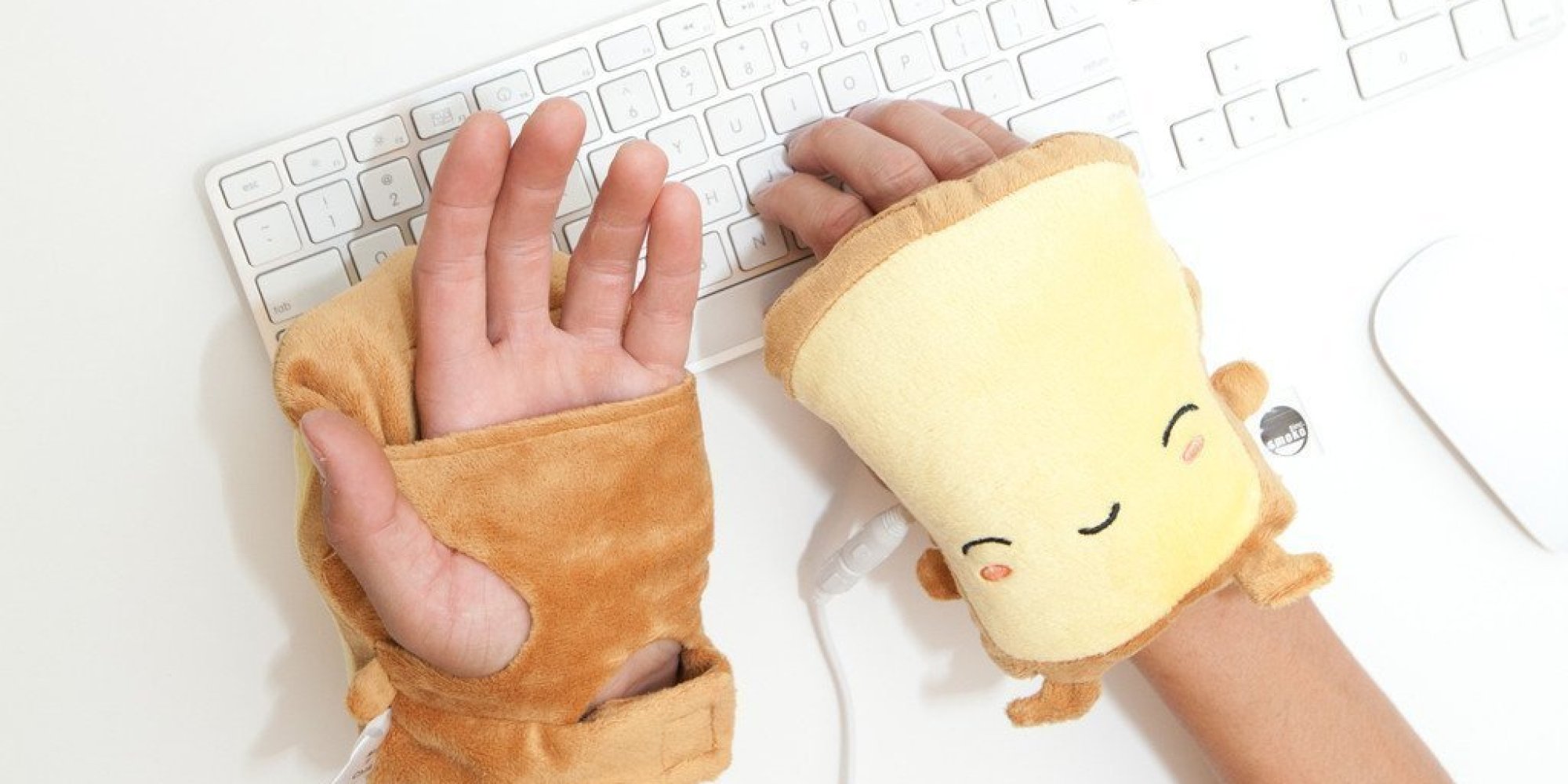Arduino driver for Sensiron SGPC3 VOC sensor C BSD-3-Clause 1 0 0 0 Updated Nov 20. Set up an MCCI Catena device over USB Python MIT 0 0 4 2 Updated Aug 6, 2020. Intel Android device USB driver is a collection of drivers for managing Android devices powered by Intel Atom processors from the computer. The pack ensures that your operating system will recognize and interact with any Atom-based smartphone or tablet connect to the PC through a USB cable. For over twenty years, we’ve been connecting systems together, and devices to people. USB system software. Open-source LoRaWAN™ technology IoT hardware and software. NerveCircuit™ power and resource monitoring systems for commercial buildings. Community remote sensing networks with The Things Network.
Last updated:
- August, 2020
Applies to:
- Windows 10
- Windows 8.1
- Windows 8
The MUTT software package contains several tools to be used with MUTT devices. The suite of tools include firmware upgrade application, driver installation package, and applications that send transfers to the device.
Download MUTT Software Package
The Microsoft USB Test Tool (MUTT) software package contains test tools for hardware test engineers to test interoperability of their USB controller or hub with the Microsoft USB driver stack. The included documentation provides a brief overview of the different types of MUTT hardware and suggests topologies for controller, hub, device, and BIOS/UEFI testing. The documentation also contains procedural information about how to run the tests, trace events in the USB driver stack, and capture information in the kernel debugger.
File name: mutt2_95.msi
9.4 MB
Version Updates

Changes for version 2.9.5
- Update USB Type-C SuperMUTT firmware (v55)
Changes for version 2.9.4
- Update USB Type-C SuperMUTT firmware (v54)
- Update USB Connection Exerciser software to work with USB4 Switch
Changes for version 2.9.3
- Fix driver signing issue
- Include ARM64 test tools
Changes for version 2.9
- Updated USB Type-C SuperMUTT firmware (v53)
Changes for version 2.8
- Updated USB Type-C SuperMUTT firmware for improved compatibility with HLK UCSI tests.
Changes for version 2.7
- Updated USB Type-C SuperMUTT firmware, tools, and documentation. Compatible with HLK UCSI tests.
Changes for version 2.4

- Includes the initial drop of the USB Type-C SuperMUTT firmware, tools, and documentation.
Changes for version 2.2

- Includes USB Connection Exerciser Tools
Changes for version 2.0
- Updated SuperMUTT firmware to version 45.
- Updated WinUSB transfer tests.
Changes for version 1.9.1
- In version 1.9 and earlier, on some systems, the SuperMutt device enumerated at high speed (when connected to an xHCI controller) after the system resumed from S4. Version 1.9.1 corrects that issue.

Changes for version 1.9
- SuperMUTT loads WinUSB driver by default by reading the MS OS descriptor of the device.
- SuperMUTT with WinUSB supports selective suspend by default.
Tools in the package
Mcci Usb Devices Driver Vga
| Test Tool | Description | Filename |
|---|---|---|
| USBTCD |
| USBTCD.exe USBTCD.sys USBTCD.inf FX3Perf.bat UsbTCDTransferTest.bat |
| xhciwmi.exe | |
| UsbLPM.exe | |
| USBStress |
| usbstress.exe usbstress.inf usbstress.sys UsbStressTest.bat |
| MuttUtil |
| MuttUtil.exe |
| USB hardware verifier | Displays all hardware events on the console. | USB3HWVerifierAnalyzer.exe |
Related topics
USB
Microsoft USB Test Tool (MUTT) devices
Mcci Usb Devices Driver Device
MCCI recently has invested a lot of energy supporting the pi64.win project. This project has a simple (and possibly silly-sounding) goal: get “real” Windows 10 running on a Raspberry Pi 3.
Many people have posted about the technical advances that have made this possible. Here’s a partial list.
- The Raspberry Pi 3 supports the 64-bit ARM64 architecture.
- Microsoft ported Windows 10 IoT Core (as a 32-bit operating system) to the Raspberry Pi, but targeted using the system for deploying embedded applications (kiosks, single-function computers). They omitted the features that make Windows 10 desktop a general-purpose system. (MCCI did the USB drivers for that project.)
- Microsoft ported Windows 10 desktop to ARM64 systems. In this port, they included the key low-level drivers, apart from USB, needed for the Raspberry Pi.
- Microsoft open-sourced the key ACPI / UEFI code needed to boot Windows 10 on a 32-bit Raspberry Pi.
- Andrei Warkentin then adapted that and make a real ARM64 UEFI BIOS — this enables booting all kinds of “professional” operating systems on the Pi, not just Windows 10. He also managed to make USB work “well enough” to support keyboard and mouse — kind of important for setting up the BIOS!
- José Manuel Nieto Sánchez organized a group of volunteers, and wrote an tool that would prepare an SD card with the required information from a Windows distribution, available through Windows Insider, MSDN, and other sources for non-commercial use.
- Bas Timmer posted simple drivers that were enough to get Windows through the boot.
- The group convinced Microchip to release ARM64 drivers for the USB Ethernet controller that’s on the Pi 3 mainboard.
- Finally, the group hammered on me until I agreed to take the time to bring up the MCCI host stack (TrueTask USB) on ARM64.
The result was a flurry of world-wide attention. Perhaps predictably, there has been a lot of grumbling about performance. On the other hand, it looks a great demo for MCCI drivers; almost everything tested works. (It’s also a good demo for MCCI’s portability techniques; after four days of wrestling with the build system, the very first build we put on the hardware was the final version, apart from changing the version.)
MCCI has also put a lot of effort into organizing a website (pi64.win) and a discussion site (discourse.pi64.win) for the community, in collecting statistics, running the Twitter feed (@Pi64Win), and helping to publicize the effort.
Mcci Usb
So, the New York City question is: why do it? What’s your angle?
Of course, there is the basic commercial reason: to demonstrate that our drivers really are industrial strength in 2019. It was a big deal that our drivers were used in Windows 10 IoT Core, but that was a few years ago now. We can now point to a more recent success. In addition, there are a lot of device classes that were impossible to test on Windows 10 Core IoT, because of the difficulties in running regular Windows applications. It’s one thing for a webcam to enumerate; its another for it to actually stream interesting data to the application of your choice. It’s a lot easier to test if you can just spin up a video capture app. We can now point to public results from people testing our work. This is good, and so I thank the group for doing all the work to test and post results.
But there’s another reason, linked to MCCI’s social mission. We want to make a difference to people, not just to our customers.
Right now, cheap computing for people with few economic resources is subsidized (students are a prime example, but just one such group). Things like Chromebooks are subsidized by harvesting data; and they are limited in terms of what they can do (beyond the limitations imposed by their price).
That strikes me as wrong, and as a 19th-century way of solving the problem.
It’s already clear from group experiments that the Pi 3 is not that far away from being able to do significant work with Windows 10. If the group can make something useful to students and people with limited financial resources, it’s not a hobby: it can change lives.
The pi64.win project very likely will not, in itself, put a $35 computer in every student’s backpack (though I wish it would). But it demonstrates what can be done with very low-cost hardware, and it serves as a proof of concept. It may motivate some of the other (larger) members of the ecosystem (Microsoft, the Raspberry Pi Foundation, the Mozilla Foundation) to come together to create a production version.Sometimes a proof of concept is what’s needed to break through inertia and doubt.
